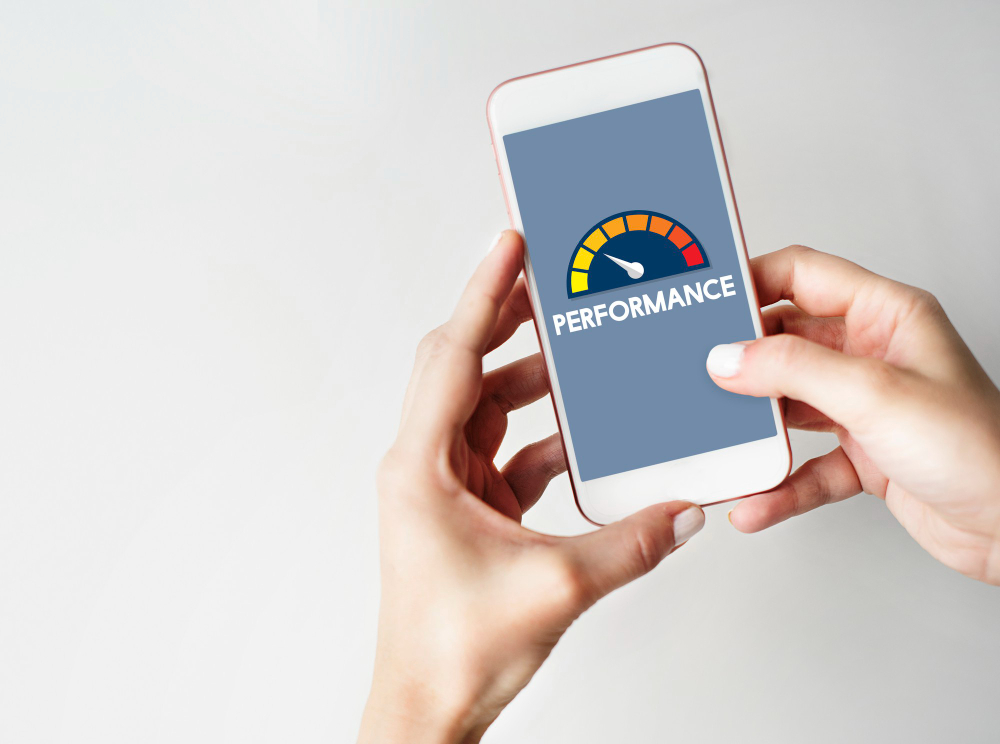Debt consolidation: A smart strategy to help you pay off your debts and get back on track!

Debt consolidation is an efficient strategy that can help you organize your finances and finally eliminate your debts. Essentially, it involves taking out a loan to pay off all your existing debts, allowing you to regain control of your financial situation.
While it’s a great strategy, is debt consolidation right for you? Keep reading to find out more about this option.
Debt consolidation consists of replacing multiple accumulated expenses, scattered across various accounts, with a single expense in one place. This way, you can better organize your finances, significantly increasing your chances of successfully paying off your debts.
What is Debt Consolidation?
As mentioned earlier, debt consolidation is a smart strategy to help people with multiple accumulated debts who are struggling to keep up and losing control of their financial situation.
With consolidation, you can gather all your debts into one place. This means combining all your obligations into a single, simplified, and organized account. As a result, your chances of overcoming debt increase. There are several ways to consolidate debt. Some of them include:
- Debt consolidation loans
This is one of the most common ways to consolidate debts in one place. Basically, you take out a loan with lower interest rates to pay off all your existing debts. This way, you’ll only have one monthly installment to pay, making financial control much easier.
How it works: You apply for a loan and use the amount to pay off other debts, such as credit cards, financing, or store credit. Afterward, you’ll only need to pay the new loan.
Advantages: Generally lower interest rates and greater predictability in payments.
Disadvantages: Requires good credit to secure favorable terms, and you might end up paying more in the long term if the loan term is extended. - Balance transfers
This strategy is perfect for those drowning in credit card debt. Many credit card companies offer promotions with zero or reduced interest rates for a limited period when transferring balances from other cards.
How it works: You transfer the balance from a high-interest credit card to a new card with a promotional rate (usually 0% for up to 12 or 18 months). This gives you time to pay off the debt without accumulating additional interest.
Advantages: Significant savings on interest and simplified payment.
Disadvantages: There’s usually a transfer fee (typically 3% to 5% of the transferred amount), and it’s essential to pay off the debt before the promotional period ends to avoid high-interest rates. - Debt management programs
These programs are offered by specialized organizations and can be a solution for those unable to negotiate better terms with creditors on their own.
How it works: A company or financial advisor evaluates your debts, negotiates better rates and terms with your creditors, and establishes a personalized repayment plan. You make monthly payments to the program, and they handle payments to your creditors.
Advantages: Helps negotiate more accessible terms and provides support throughout the process.
Disadvantages: There may be fees for participating in the program, and not all debts may be eligible.
The Main Benefits of Debt Consolidation
Debt consolidation can bring many benefits, including lower interest rates, helping you save money. Additionally, this strategy offers simplified payments, as you’ll only have one monthly payment.
Another advantage is the potential improvement in your credit score, as reducing debts can positively impact your score. Lastly, debt consolidation can also reduce stress. Having multiple bills to pay can cause inevitable stress that affects your well-being.
The Risks and Disadvantages of Debt Consolidation
Despite the many advantages, there are some drawbacks to consider. First, be aware that consolidation may involve additional costs, such as fees and charges associated with the program. It’s important to assess whether the strategy is worth it. Furthermore, if you lack financial discipline, consolidation might make you feel like you can afford to take on new debts.
Another significant disadvantage is the potential for a temporary negative impact on your credit score. Finally, keep in mind that consolidation does not always reduce interest rates.
Consider these points carefully to avoid disappointment when consolidating your debts.
Summarizing
Debt consolidation is an intelligent tool that has helped many people get out of debt. Despite its numerous benefits, each case should be analyzed individually to weigh the pros and cons. This way, you can determine if it’s the right solution for your situation.



